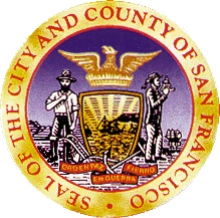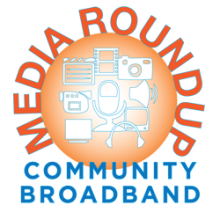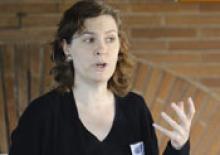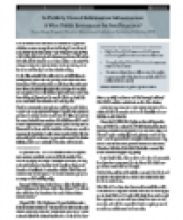San Francisco Looks to Expand Muni Fiber and Wi-Fi
San Francisco has long been considered a modern, glittering, tech capital. For years its leaders have struggled with ensuring residents and businesses actually had next-generation Internet access as AT&T and Comcast only provide the same basic services that are available in most cities. In a recent Backchannel article, Susan Crawford discusses how the City by the Bay is taking steps to develop its vision, its long-term plan, and hopefully a network that will improve connectivity in a city of over 800,000 8.5 million.
San Francisco has developed an Information and Communication Technology Plan, which still needs approval from the City Board of Supervisors. According to the article, the plan calls on the city to take an incremental approach on its path to improved connectivity. They plan to use a similar method as Santa Monica by connecting municipal facilities - many of which are already connected via fiber - and then shedding expensive leased circuits. By eliminating that expense, the city will cut $1.3 million for Internet access and networking services from its connectivity costs.
Last year the City also put dig once policies in place, a decision other communities attribute as one of the keys to a cost-effective deployment. Like Santa Monica, the City currently leases dark fiber to ISPs. They plan to entice more ISPs who want to bring broadband to residents and businesses by expanding that practice. San Francisco plans to streamline the process and work with developers on strategically linking new developments to Internet hubs with dark fiber.
As Crawford notes, the City has created free Wi-Fi in select areas of town with plans to serve public housing and commercial corridors. Miquel Gamiño, San Francisco's CIO, told Crawford they hope to make Wi-Fi available on a larger scale:





